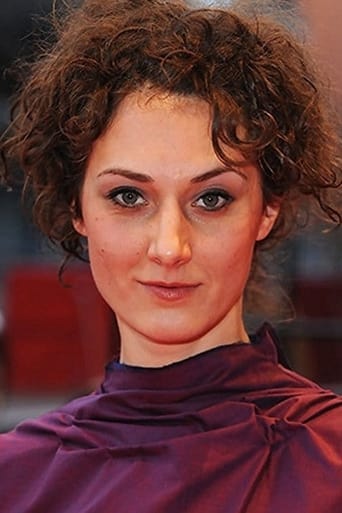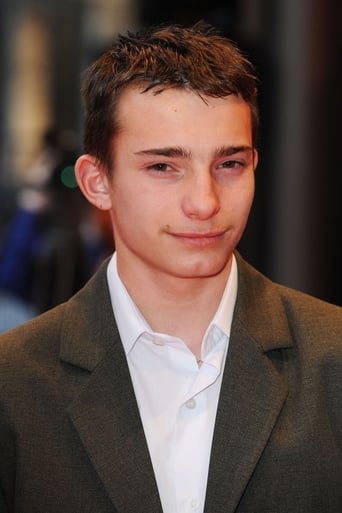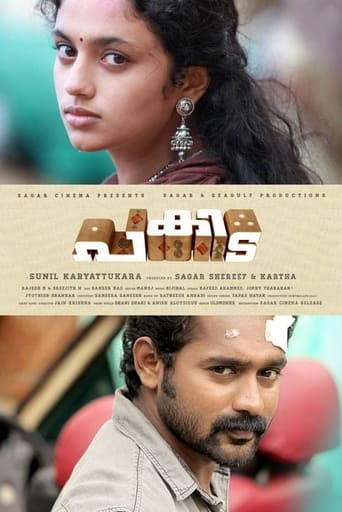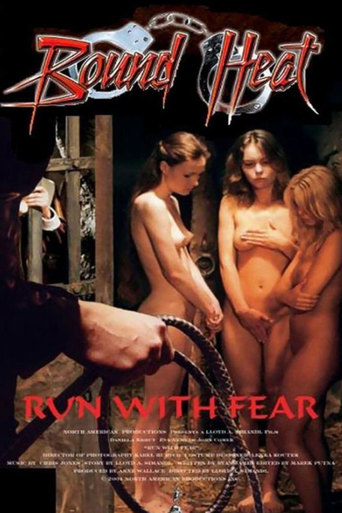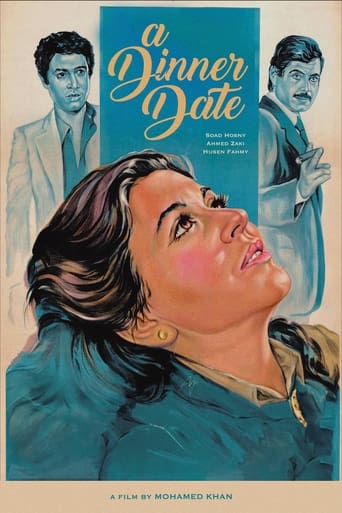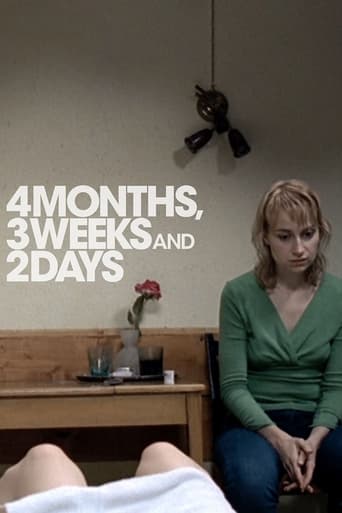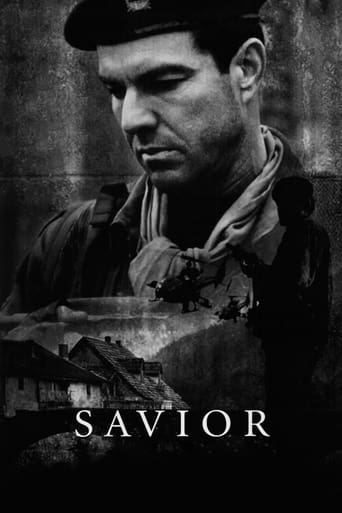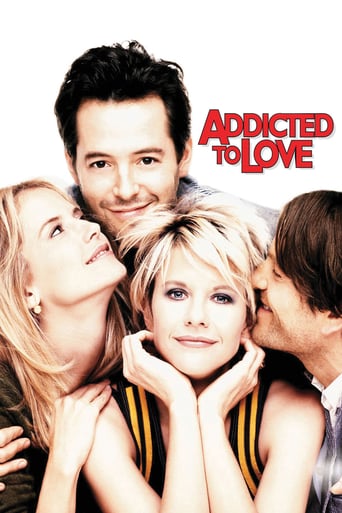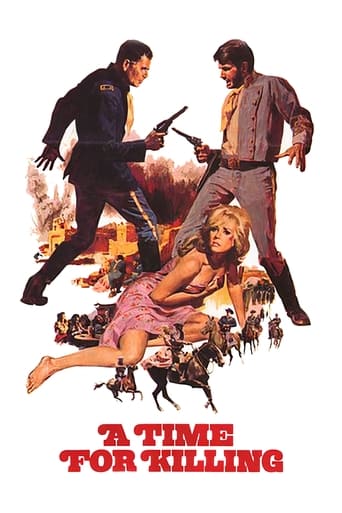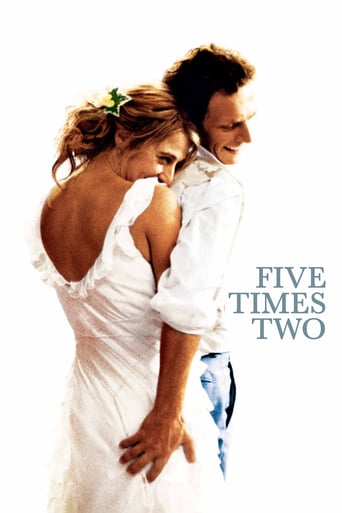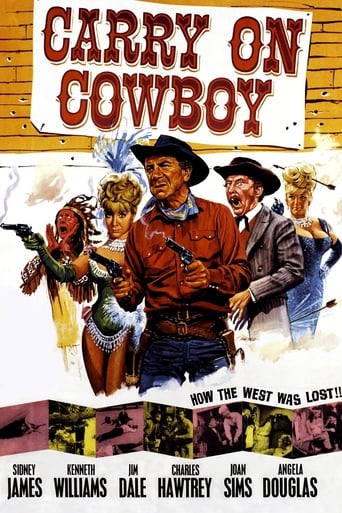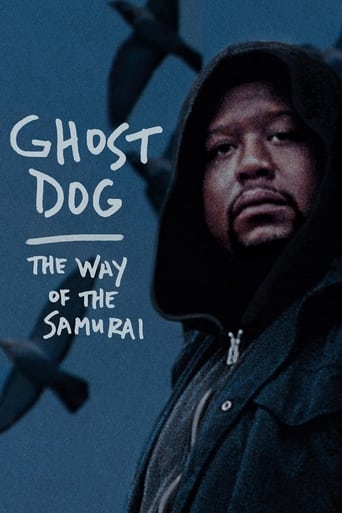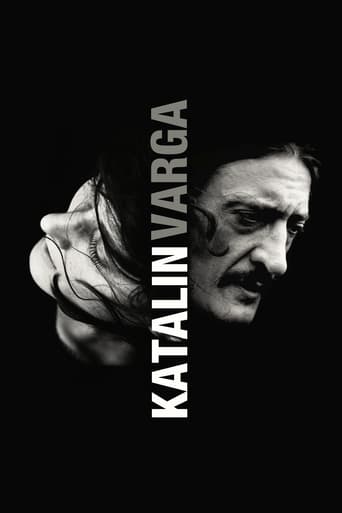
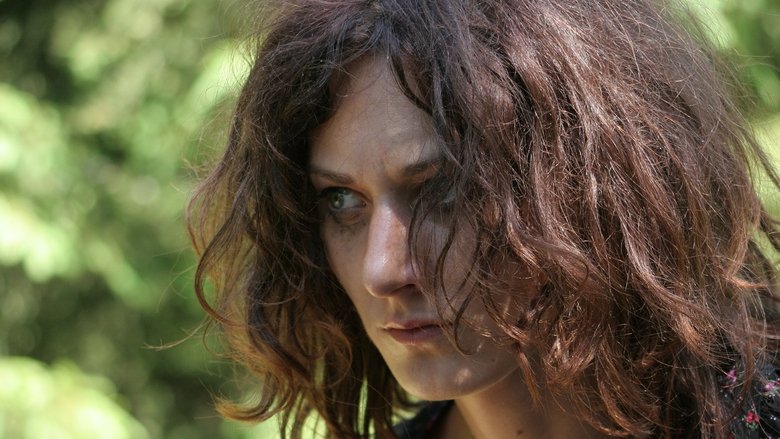
Katalin Varga (2009)
In the beautiful, otherworldly Carpathian Mountains a woman is traveling with a small boy in a horse and cart, looking to punish those who once abused her. For years, Katalin has been keeping a terrible secret. Hitchhiking with two men, she was brutally raped in the woods. Although she has kept silent about what happened, she has not forgotten, and her son Órban serves as a living reminder.
Watch Trailer
Cast


Similar titles
Reviews
I borrowed the DVD from a local store, being sure that this is going to be a good movie. I read good reviews of it. Now I'm quite disappointed after seeing it. The movie is good enough until the scene where the woman is telling her rape experience finishes. The story of the rape is the best part. As the camera focused on the characters' faces, Katalin tells her horrific story, disconnected from the suffering that we would expect. That gives the character a lot of power. She is in a position of control, she overcame the bad experience and her main weapon is the truth, because the truth will really ruin the precious relationship of Katalin's aggressor with his wife. The story of the rape is told in such intimate detail, that you may feel various emotions, like empathy, justice being done, concern for any of the characters, each of them may be in a dangerous position. The situation is very much like one from Sadoveanu's novel "Baltagul". After this wonderful artistic moment, the rest of the movie is full of broken links. The man's regret for what he has done is very unrealistic, not that this might not happen in real life, but his state is not supported by the play and the character's story. Then, the suffering for the loss of his wife is too short. The wife, a devoted Christian, commits suicide (that's possible, but not very probable) without many explanations given to us. The man suffers too little after that because he is quite preoccupied with his relation with Katalin and her son. Many other disharmonious details disconnected me from the movie. I also have some personal regrets, that the Romanians in the movie are all mean characters. There's no obvious reason in a movie where 99 percent of the time you have Hungarian language speaking, only three short but significant dialogues are in Romanian. In one of them we have the girls eating sunflower seeds that are not helping the strangers in need without judging or mocking them. Eating sunflowers in public in Romania is associated with low class, specially because it's a Balkan habit mostly associated with gypsies. Speaking of gypsies, I can not get over the idea that the first victim of Katalin is associated with Gypsies and undoubtedly this is part of the construction of an evil character. The other two scenes with Romanians are the ones involving the vengeful criminals, one of them showing a twisted faith in God. Anyway, it could have been a good movie, but amateurish errors and a bit of xenophobia (I suppose) ruined it for me. I may keep in mind as good parts: landscapes, music and the boat scene.
I enjoyed this film and the lead actress (Hilda Peter) gives a memorable, strong performance as a wronged woman seeking vengeance. The rural setting of Eastern Europe seemed appropriate where patriarchal societies still exist and blood-feuds common.The use of landscape, the story of vengeance gave the film the tone of a folk-myth and the end of the film, with Katalin confronting her rapist in a boat with his innocent, loving wife, was highly dramatic, the boat turning around the river in circles, reflecting the maelstrom of emotions.I thought the film well-structured, a basic revenge plot, but also more subtle than that: about husbands & wives and secrets, sin & guilt as well as a haunting, atmospheric soundtrack. But also how Katalin's revenge does not quite go as planned and her assailant is not a two-dimensional villain.I had difficulties reconciling some of the characterisation, especially Antal, the assailant. Perhaps his act, that of a normally good quiet man, is indicative that we can be all prone to evil, but Antal's characterisation jarred with the brutal act he had committed in the past. I think it would have been more plausible if his accomplice had been the rapist and Antal the bystander who had done nothing.Katalin's revenge does not go as anticipated, claiming the innocent as well as the guilty.I feel some of the problems in the film are perhaps due to its limited budget rather than ambition/intent. The ending was bleak, with the cycle of revenge continuing. I did think Antal would redeem himself, but the film perhaps ends on a darker, truthful note.
I saw the movie at the Vancouver International Film Festival and was disappointed. The plot or story about a raped woman looking for vengeance has had much potential. It is shown in one very good scene when she tells her story on a boat with one of her former tormentors and his new wife without revealing who she really is. But overall, the scenes were attached to each other without a flow, sometimes with music coming from a horror movie which didn't suit the reflections she had while travelling with her son through the beautiful mountains. It is an opportunity wasted. Though, I am generally interested to see what is coming from those former communist East European countries. They might have many stories to tell based on the things which have been swept under the carpet.
Oh well, we have a directing debut here and quite an impressive one at that. Good camera, beautiful images and musical score, this narration is set in Hungarian-Romanian Transylvania.Spoiler: Our female Protagonist, impressively played by Hilda Péter, had been raped by two men in the past. When the truth about this incident which she had been hiding and which resulted in the birth of her only child, a son, comes to light ten years after, she is cast out by her husband and decides to take revenge on the men who raped her. She takes her wagon and her son and sets out on a journey of tracking down the men, planning on confronting and killing them. This narration clearly is based on Mihail Sadoveanu's famous novel "Baltagul" (The Hatchet) which is transforming the traditional Romanian theme of the ballad "Mioriţa" into a modern detective story and blending the traditional role of a Romanian woman into Modernism. Our protagonist starts on a similar journey but the ends which we are facing are showing cruelly how Sadoveanu's story could have ended more realistically.


